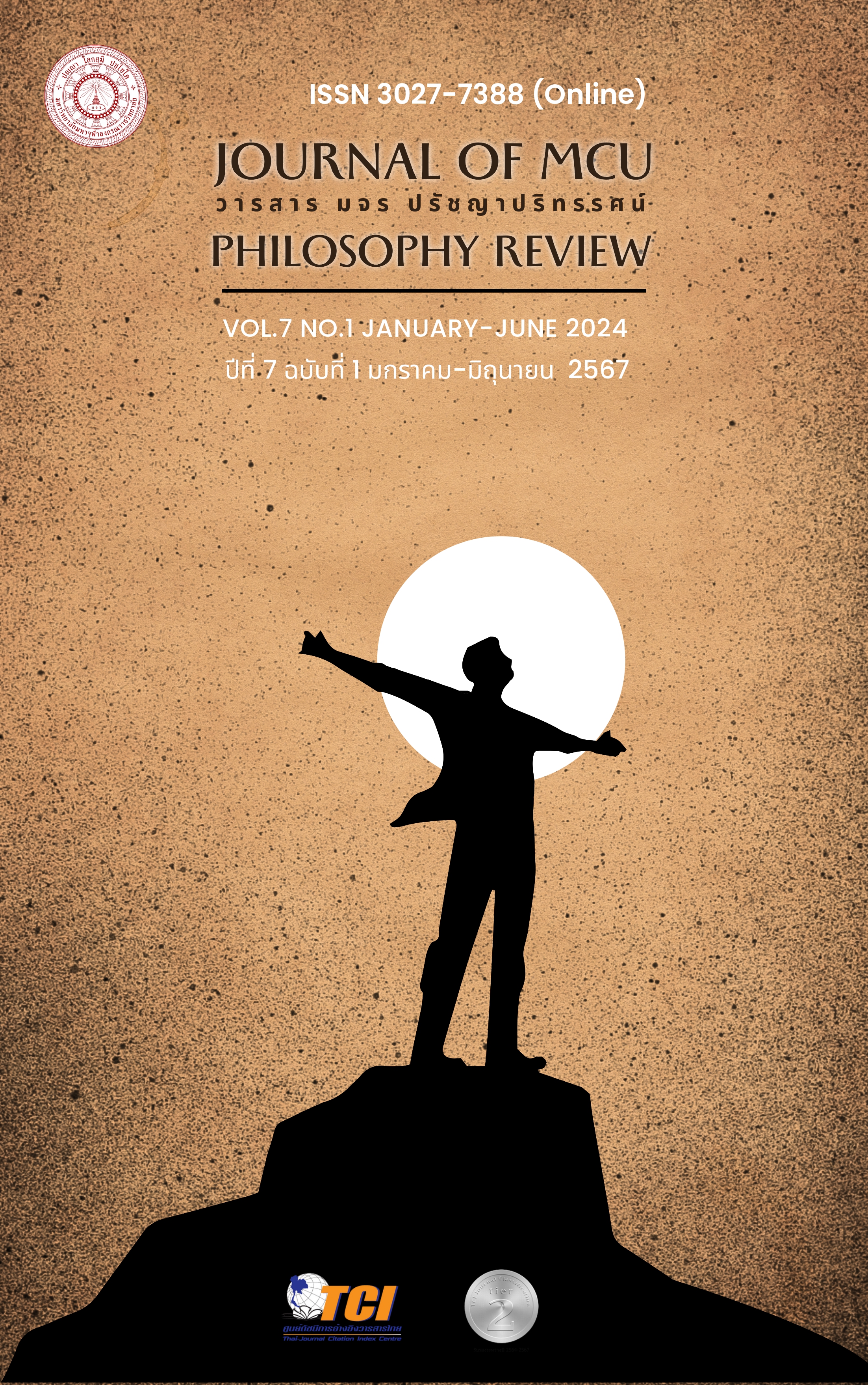The Organizational Commitment Development of Supporting Officer in Silpakorn University
Main Article Content
Abstract
This Article aimed to study (1) the components of organizational commitment of supporting officer in Silpakorn University, (2) the guidelines for developing organizational commitment of supporting officer in Silpakorn University and (3) the confirmation results of the guidelines for developing organizational commitment of supporting officer in Silpakorn University. The sample was 274 respondents. They were selected by supporting officers in Silpakorn University. The instrument for collecting data were 1) an opinionnaire, 2) an unstructured interview, and 3) a questionnaire to confirm the guidelines for developing organizational commitment of supporting officer in Silpakorn University. Analise data by frequency, percentage, arithmetic mean, standards deviation, exploratory factor analysis, and content analysis. The research results were found as follows; 1 The components of organizational commitment of supporting officer in Silpakorn University consisted of seven aspects: 1) Loyalty and Dedication to work 2) Appropriate welfare and benefits 3) Trust towards and delegation of work 4) Performance quality and Transparency 5) The values and management of the organization 6) Corporate image and proud in the organization and 7) Facilities and Safety. 2 The guidelines for developing organizational commitment of supporting officer in Silpakorn University composted of seven aspects and fifty-six procedures. 3 The confirmation of guidelines for developing organizational commitment of supporting officer in Silpakorn University were accuracy, appropriately, feasibility, and utility.
Article Details

This work is licensed under a Creative Commons Attribution-NonCommercial-NoDerivatives 4.0 International License.
บทความที่ได้รับการตีพิมพ์เป็นลิขสิทธิ์ของวารสาร มจร ปรัชญาปริทรรศน์
ข้อความในบทความที่ได้รับการตีพิมพ์ในวารสาร ถือเป็นความรับผิดชอบของผู้เขียนบทความ และข้อคิดเห็นนั้นไม่ถือว่าเป็นทัศนะและความรับผิดชอบของกองบรรณาธิการวารสาร มจร ปรัชญาปริทรรศน์
References
เฉลิมชัย มนูเสวต. (2561). การแสวงหาความเป็นเลิศและการแข่งขัน. ใน ความเป็นผู้นำทางการศึกษา. บรรณาธิการโดย ไพฑูรย์ สินลารัตน์ และนักรบ หมี้แสน. กรุงเทพมหานคร: สำนักพิมพ์จุฬาลงกรณ์มหาวิทยาลัย.
ชัชราวรรณ มีทรัพย์ทอง. (2558). การศึกษาปัจจัยที่มีอิทธิพลต่อความผูกพันต่อองค์การของบุคลากร คณะวิทยาศาสตร์และเทคโนโลยี มหาวิทยาลัยราชภัฏนครราชสีมา. วารสารธุรกิจปริทัศน์, 7(1), หน้า 145–166.
ราชกิจจานุเบกษา. (2559). พระราชบัญญัติมหาวิทยาลัยศิลปากร พ.ศ. 2559. ราชกิจจานุเบกษา เล่ม 133, ตอนที่ 49 ก, หน้า 1-4.
พิมลพรรณ แซ่เหลี่ยว, จิตติรัตน์แสงเลิศอุทัย และนภาเดช บุญเชิดชู. (2559). คุณภาพชีวิตในการทำงานที่ส่งผลต่อความผูกพันต่อองค์การของบุคลากรมหาวิทยาลัยราชภัฏนครปฐม. วารสารสังคมศาสตร์วิจัย, 7(2), หน้า 44–65.
มหาวิทยาลัยศิลปากร. (2564). จำนวนบุคลากรมหาวิทยาลัยศิลปากร:แยกตามสายงาน. เข้าถึงเมื่อ 12 กรกฎาคม 2564, เข้าถึงได้จาก http://www.president.su.ac.th/personnel/
เยาวลักษณ์ โพธิ์หล้า และคณะ. ความผูกพันต่อองค์กรของบุคลากร : กรณีศึกษามหาวิทยาลัยขอนแก่น. วารสารมนุษยศาสตร์ สังคมศาสตร์ 40(2), หน้า 1-27.
ศิริญาพร ปรีชา. การศึกษาความผูกพันของบุคลากรต่อองค์กร กรณีศึกษาสำนักวิทยบริการมหาวิทยาลัยขอนแก่น. อินฟอร์เมชั่น 21(1), หน้า 1–11.
สำนักงานเลขาธิการสภาการศึกษา. (2560). ประสิทธิภาพและการบริหารของมหาวิทยาลัยในกำกับของรัฐ. กรุงเทพมหานคร : พริกหวานกราฟฟิค.
สุพานี สฤษฎ์วานิช. พฤติกรรมองค์การสมัยใหม่:แนวคิดและทฤษฎี. พิมพ์ครังที่ 7. กรุงเทพมหานคร: โรงพิมพ์มหาวิทยาลัยธรรมศาสตร์.
สุมนต์ สกลไชย. (2564). ประสบการณ์บริหารงานบุคคลในการเป็นมหาวิทยาลัยในกำกับของรัฐ. เข้าถึงเมื่อ 25 กรกฎาคม 2564, เข้าถึงได้จาก http://www4.su.ac.th/autonomy/images/ Document/pdf-sumom.pdf
Allen, Natalie J., and John P. Meyer. (1990).The Measurement and Antecedents of Affective Continuance and Normative Commitment of the Organizations. Journal of Occupational Psychology, 63(1): 4-5.
Armstrong, M. (2010). Armstrong's essential human resource management practice: A guild to people management. London: Kogan Page.
Cronbach, Lee J. (1984). Essentials of Psychological Test. 4th ed. New York: Harper and Row.
Hair, J. F., Black, W. C., Babin, B. J. and Anderson,R. E. (2010). Multivariate Data Analysis. 7th ed. Upper Saddle River, NJ: Prentice Hall.


